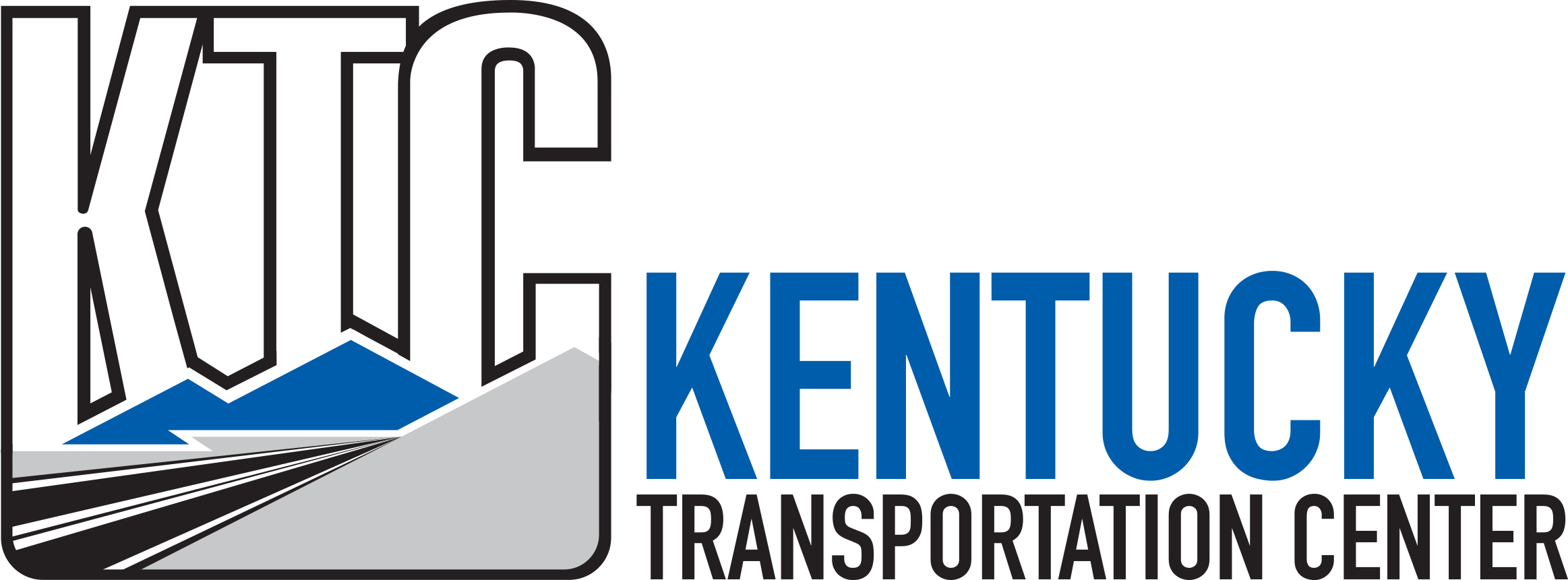Abstract
A strong linkage exists between economic growth and the availability of an adequate and efficient transportation system. Due to its location, geography and economy, this linkage — particularly in regard to highway transportation — is critical to continued economic progress in the Commonwealth of Kentucky. However, Kentucky’s ability to provide the infrastructure investments needed to be competitive in the new “global economy” is constrained by the structure of its funding mechanism, the Road Fund. During the last two decades, Road Fund revenue growth has dramatically lagged the growth of motor vehicle travel. As a consequence, Kentucky faces highway investment needs which exceed projected revenues. In fact, Kentucky Transportation Cabinet officials estimate that there are some $22 billion in “unscheduled highway needs” beyond the $18.2 billion of highway projects which can be accomplished with anticipated Road Fund revenues over the next 20 years. As a consequence, Kentucky, like other states, must search for alternative and innovative means of financially supporting the continued maintenance and development of the state’s system of roads.
Kentucky’s Road Fund has been the principal revenue source for highway construction and maintenance since 1920 when the first motor fuels tax was enacted. The Road Fund was strengthened in 1945 with the passage of a constitutional amendment requiring that all motor vehicle fees and taxes be used only for public roads. These vehicle-related revenues include taxes, licenses, permits, tolls and special charges. Although the Road Fund has hundreds of revenue types, more than three-quarters of the total is derived from just two tax categories — motor fuels taxes and motor vehicle usage taxes. And though both these tax types are equally important to the Road Fund, their respective contributions have changed significantly over the past 20 years. While the vehicle usage tax’s contribution to the total has grown by 67%, the fuel tax’s share has dropped by 20%.
This disparate performance can be attributed to the differing structures of the two highway user fees. The vehicle usage tax has grown steadily with the economy over recent years because the tax is assessed based on value of each vehicle sold. Conversely, the motor fuels tax revenue has experienced little growth because the tax is a flat rate for each gallon of fuel sold. Consequently, even though vehicle travel has increased, motor vehicle efficiency has increased to the degree that motor fuels tax revenue growth has been limited. This slow growth during a period of rapid expansion in system utilization has created a major funding problem for the state. Consequently, the identification of improved financial practices and viable sources of supplemental or leveraged funding is an important transportation financing policy challenge for the Commonwealth.
Given the need to maximize Kentucky’s limited highway system funding, the purpose of this study was to review and analyze new transportation financing innovations suggested by the Federal Highway Administration. The FHWA suggestions may provide ways to leverage funds from traditional sources and to incorporate new sources of revenue into the Commonwealth’s transportation financing plan. In the study, the workings of these financing innovations were evaluated and other states’ applications of these financing techniques were reviewed. In addition, a preliminary assessment was made of the potential applicability of these financing innovations in Kentucky. Obstacles and barriers to their use were also identified.
Report Date
4-2001
Report Number
KTC-01-08/UI1-00-1F
Digital Object Identifier
http://dx.doi.org/10.13023/KTC.RR.2001.08
Repository Citation
Hackbart, Merl M., "Innovative Financing Options for Kentucky’s Transportation Infrastructure" (2001). Kentucky Transportation Center Research Report. 281.
https://uknowledge.uky.edu/ktc_researchreports/281



Notes
The contents of this report reflect the views of the authors, who are responsible for the facts and accuracy of the data presented herein. The contents do not necessarily reflect the official views or policies of the University of Kentucky, the Kentucky Transportation Cabinet, nor the Federal Highway Administration. This report does not constitute a standard, specification, or regulation.